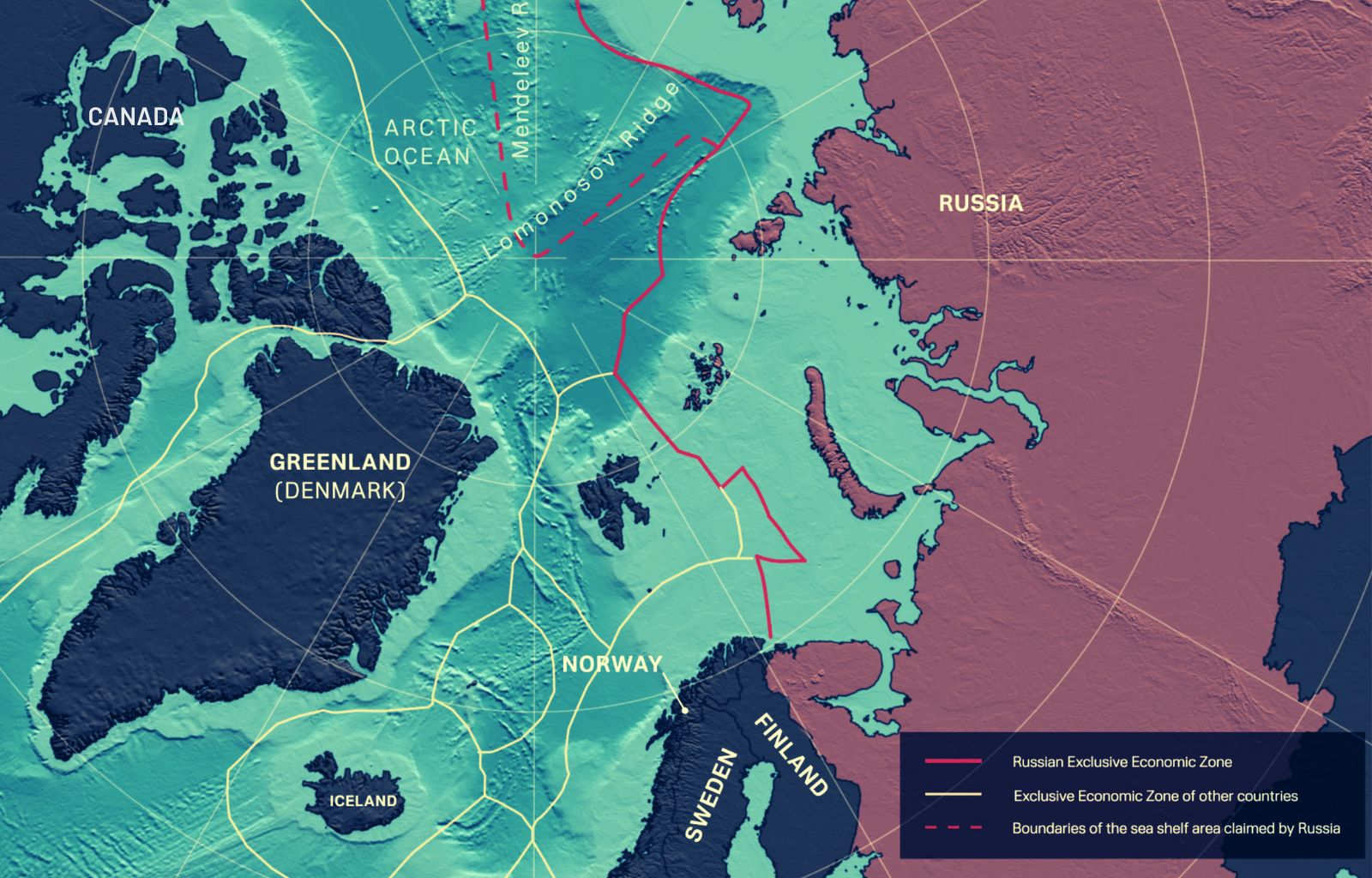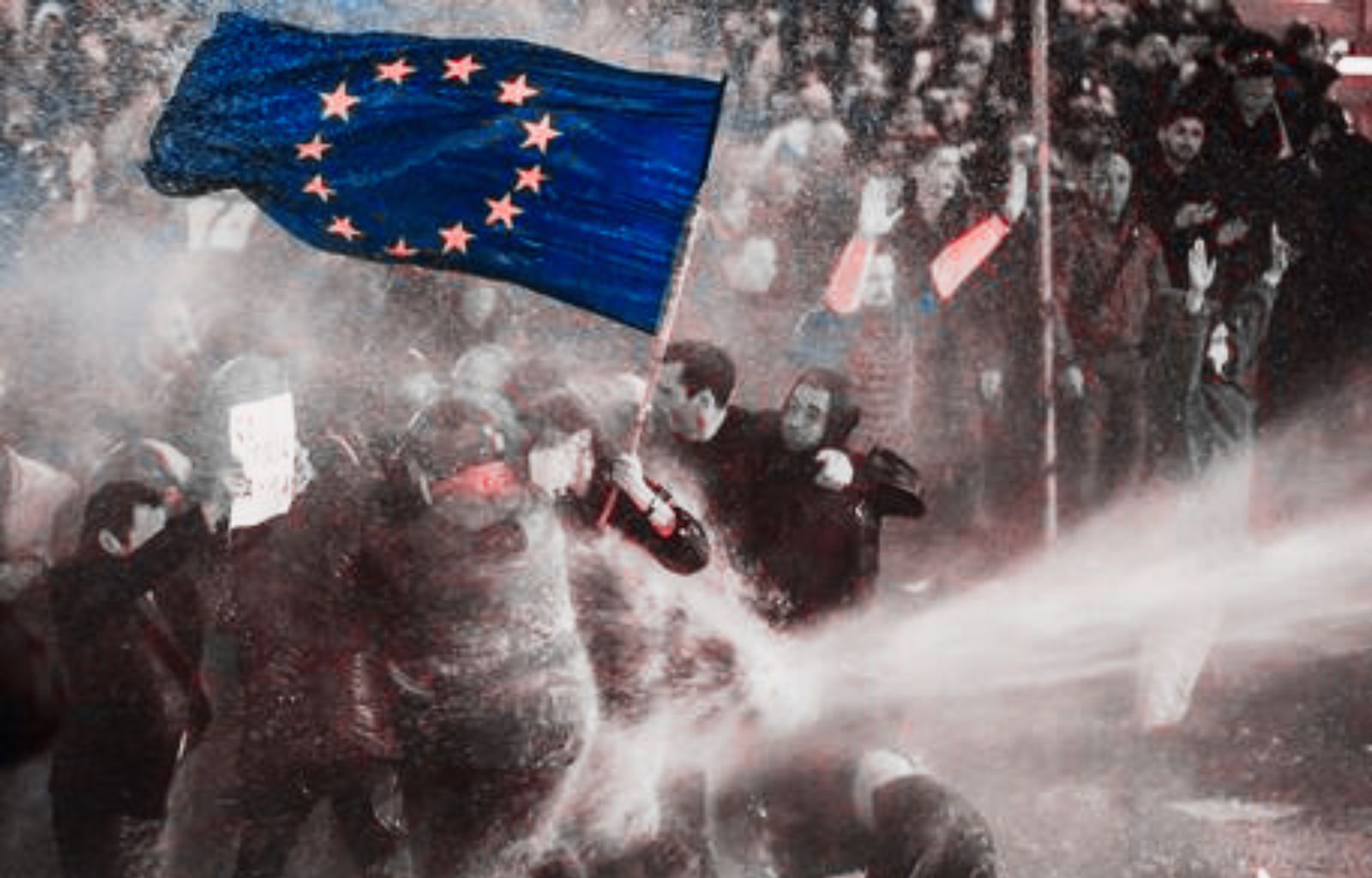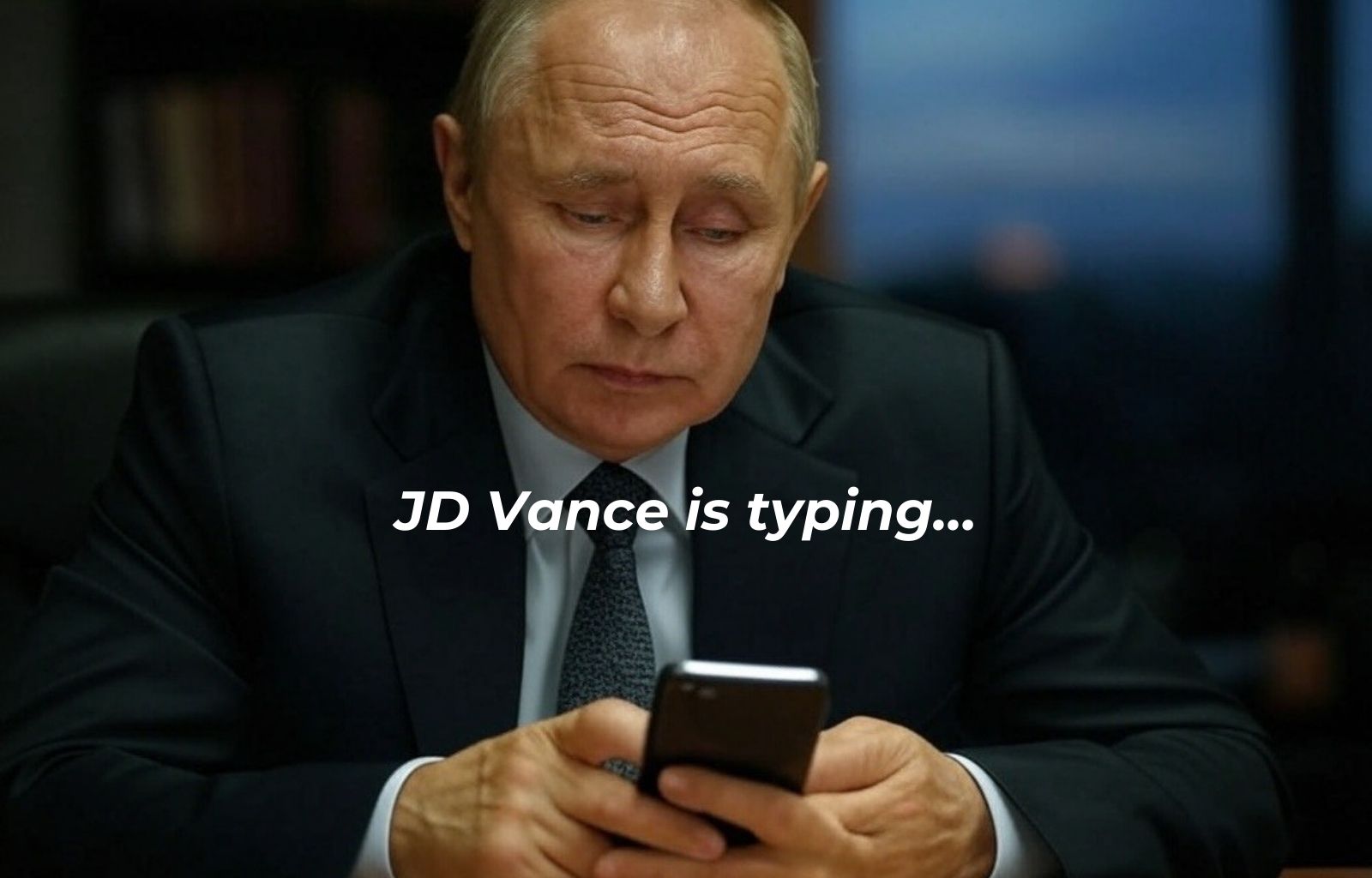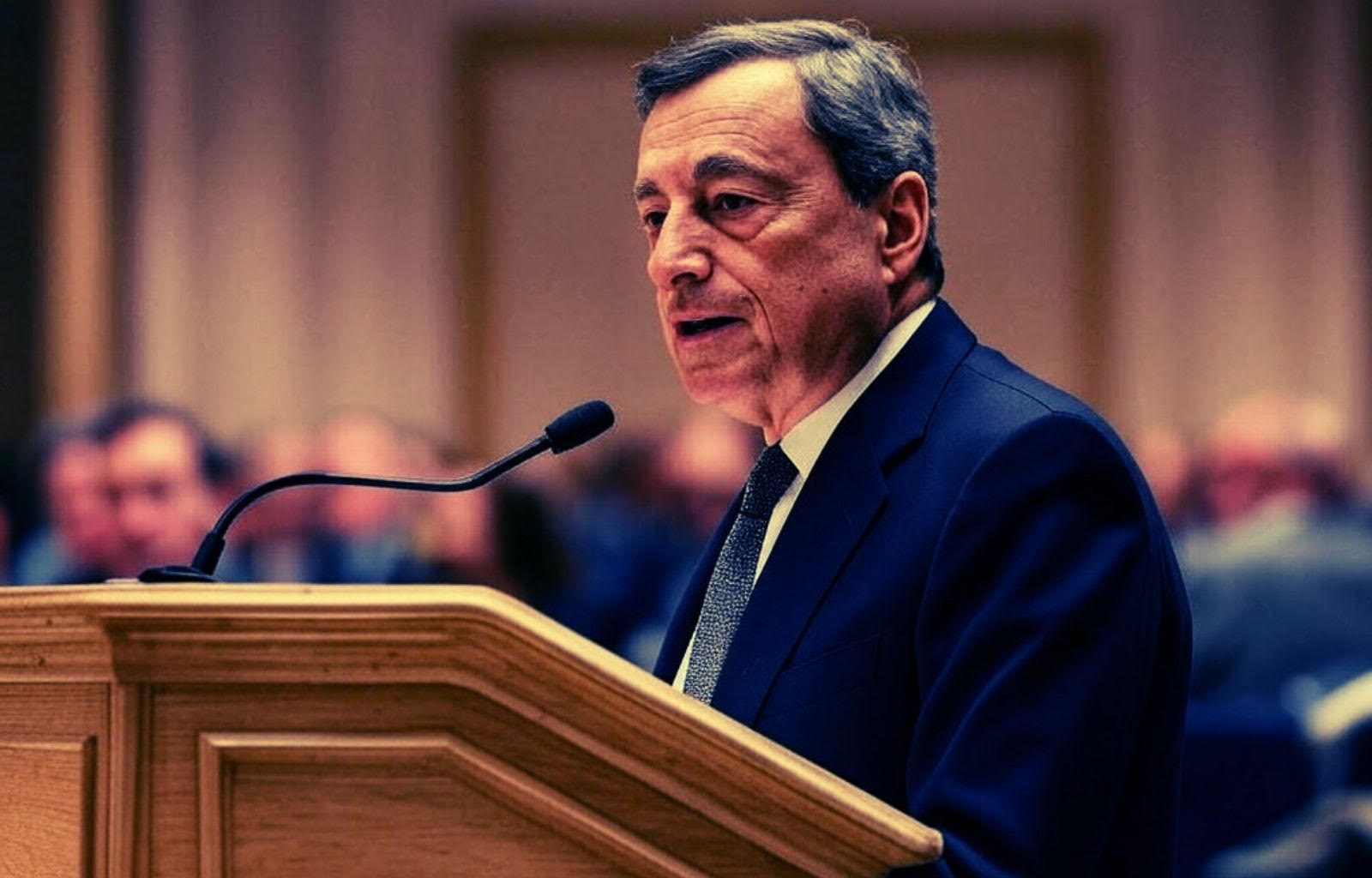Either European Defence is born or we pay tribute to the American Empire
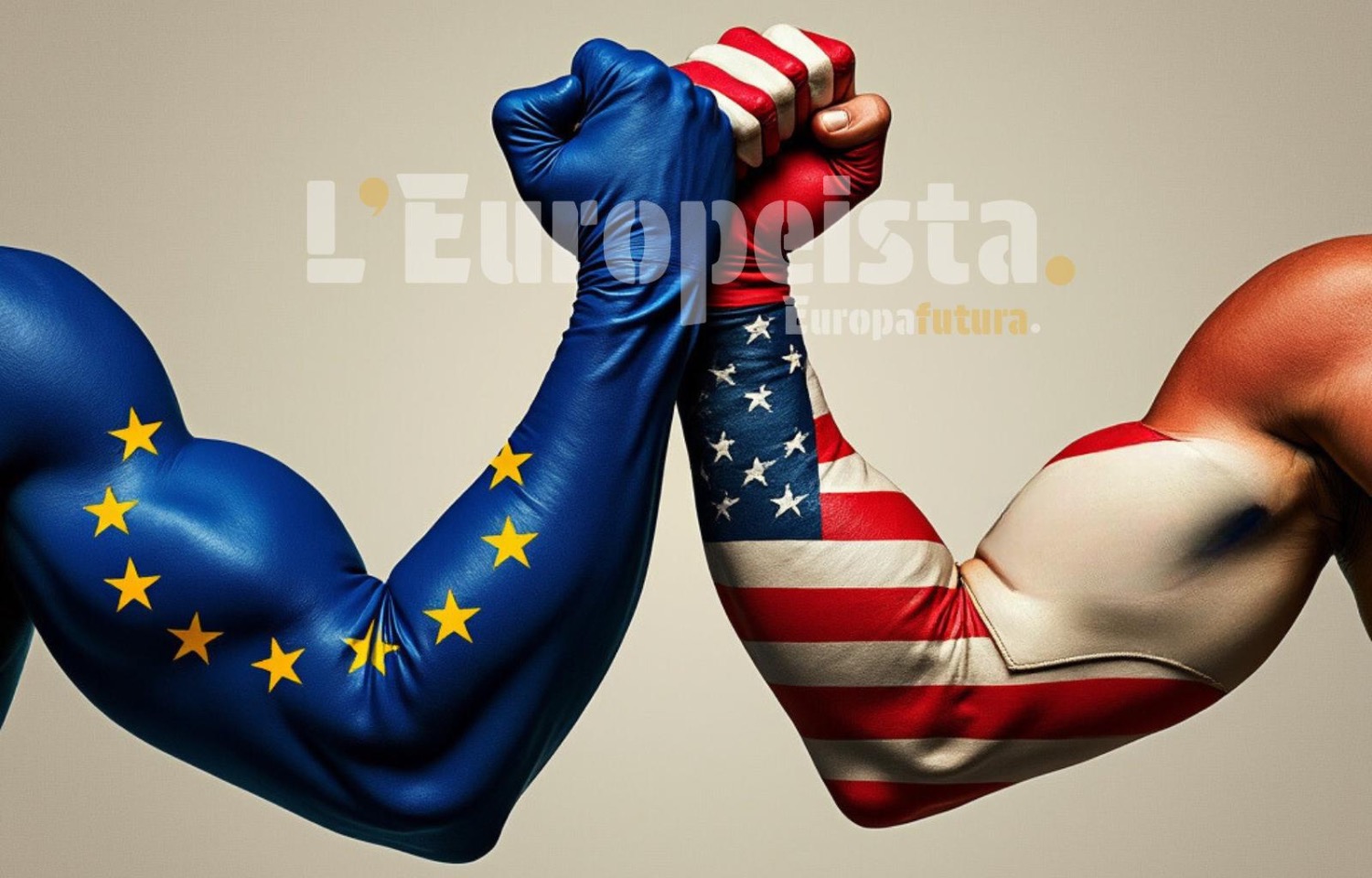
Donald Trump has been making this clear for a year. Either Europe increases military spending or America disengages from NATO policy. If not understood, the American diktat could be an existential turning point for the European Union. The American warning is not only a request for defensive support, but has above all a market logic. It is a kind of Western defence PNRR request: behind it are quotas for arms purchases.
American defence giants
The global defence sector is dominated by a few giants. American companies account for almost 40% of the world market, led by giants such as Lockheed Martin, Raytheon and Northrop Grumman, according to data published by SIPRI (Stockholm International Peace Research Institute) and the Defense News Top 100. In Europe, the main players are Airbus, Thales, Leonardo and BAE Systems, which together cover around 20 per cent of the global market, as shown by IHS Jane’s Defence reports.
The governance dilemma for European defence
Which ones and from whom to buy? That is the question, as Shakespeare put it. Who chooses the armaments? Europe, who puts up the money, and thus the Council, the Commission and Parliament, or the ‘generals’, and which ones? And again: when Europe is asked to pay, what exactly is meant? The individual states each for themselves, an increase in the EU budget, a dedicated Eurobond issue? This is where the ultimate need or opportunity to set up a European army comes in, because to think that Uncle Donald will come along and it will all end in tar and feathers is a pious illusion.
Russia will not stop
Looking at the Eastern European chessboard, there may well be a truce or armistice on the Ukrainian front in the coming months, but then Russia will need to start pushing again, always using the argument of Russian-speaking minorities. In that case, if they attackUkraine again, or Lithuania, which has now become European and a NATO ally, what forces will be deployed? A cooperative of allied troops? This was possible in the days of the Allied landings in Normandy, where, however, everyone spoke English, when the issue of technology was relative, and the sacrifice in terms of human costs counted. Today, thetechnological input has increased enormously, and must be driven in a homogeneous manner. Only a European army could do this, not individual generals or Musk-like Dr. Strangelove.
After the PNRR, a Plan of Resistance is needed
Above all, in the context of the great automotive industrial crisis, Europe must relaunch heavy industry. With major companies such as Thales, Leonardo and Fincantieri having advanced human resources, research and patents in the military sector, it is crucial to create a dedicated financial instrument for investments and orders. This new Plan of Resistance will be, in terms of cost and ambition, superior to the post-Covid recovery plan.
The alternative is to finance the US war industry
If it does not do so, it will simply buy up large shares of armaments from the overseas war apparatus, consolidating American dominance. At present, the US exports around 57% of the arms destined for NATO countries, as indicated by SIPRI data, and a lack of European reaction could lead to a further imbalance. The paradox will be that companies like BMW or Fincantieri might have duties for exporting to the US, while giants like Lockheed Martin and Starlink will sell us anything and everything without barriers. It would be like recognising that we are colonies of an empire, to which we pay tribute in exchange for protection.
This is one of the European challenges. We need – even in the age of artificial intelligence – human leadership capable of dealing with them. Whatever it takes. He who understands, understands.




